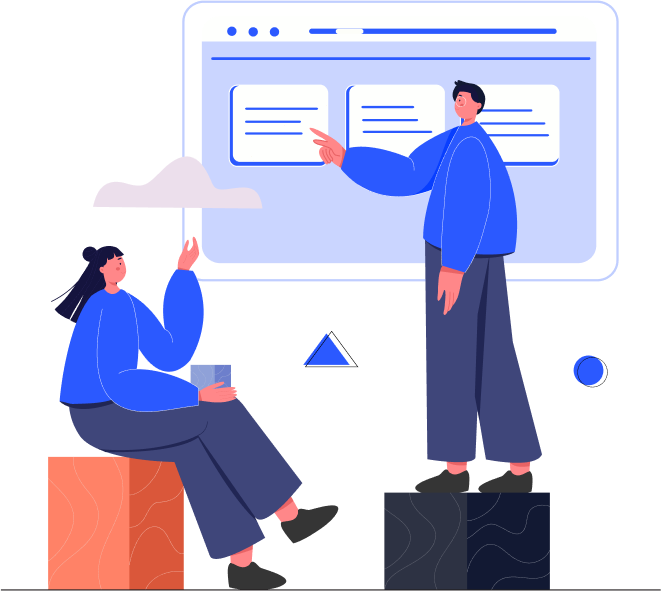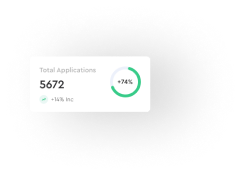

Virtualization, also known as DAAS or desktop as a service (computer offered as a service), is an extremely powerful way to reduce the costs of a company's internet infrastructure.






After you switch to virtual computers, all maintenance of the IT infrastructure will be our responsibility.
Every user in the company is encouraged to contact support directly, for any situation that arises.
On the one hand, by the fact that we no longer replace the physical hardware infrastructure, and on the other, by the possibility of recovering any data, even from a month ago.
No more money for hardware. The maintenance provided by an external company is no longer paid. An employee or even two are no longer required.
You no longer have to take a laptop with you, if you don't want to. The key is in the email, and with its help, you can use any device you have available to access your PC. Even a borrowed one. That means you no longer depend on any physical hardware. Never.
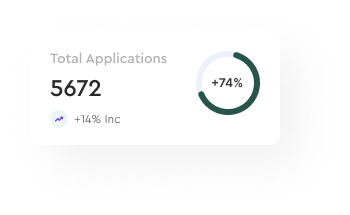
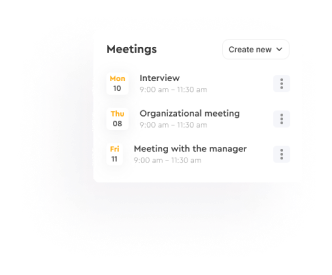
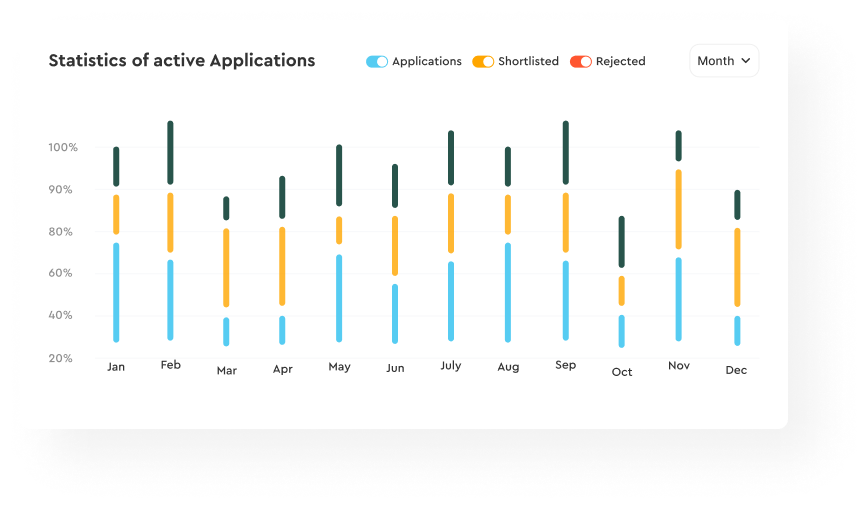
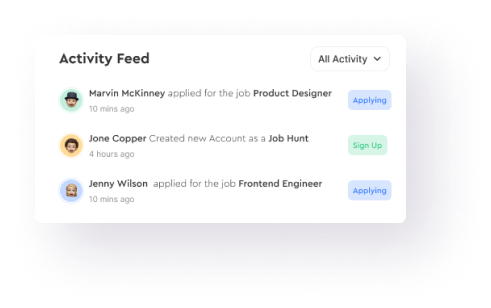

And any other problem can appear in a physical office that prevents the connection to the Internet.
If the fiber is absurdly cut and the whole building remains without internet, with a mobile hotspot everyone is back to work, in the same internal network, or the same internal networks, if the company needs more, without depending on any server, or local physical router.
It's time to give up the servers in the offices.
The physical security of the data is given by their presence on at least 2 servers. The servers are new and so are the ssds in them. They are located in 2 different locations, precisely for redundancy. It is practically impossible to lose data from 2 locations at the same time.
What happened only once in 6 years, was the fact that we ran out of electricity in one of the datacenters where we were co-located, and the clients did not have access to their computers for several hours. We will never boast of a 100% uptime. It’s practically impossible.
For the simple reason that you can change your mind at any time and interrupt the service, we do not have a contract policy. The related workload is simply not justified. But if it makes you feel safer, we are happy to accept your contract proposals, provide you with our own model, or to specify on the invoice any legal declaration you want.
Who has access to your data after the delivery of the service? After you change the password and/or the user, no one.
What happens to your data after you leave our service, or after the tests? The virtual machines are simply deleted and the proof of their deletion is kept for 90 days in the form of a log on the server.
A hypervisor (software for the management of virtual machines) is installed on a server, which is usually extremely powerful in terms of physical resources, and which allows the simultaneous running of several operating systems (virtual computers). Virtualization actually does exactly this. "Steals" the resources of the host (server) and offers them to the guests (virtual computers with Windows, Linux operating system)
The newer and more efficient the host, the faster the guests will be to listen to your commands.
